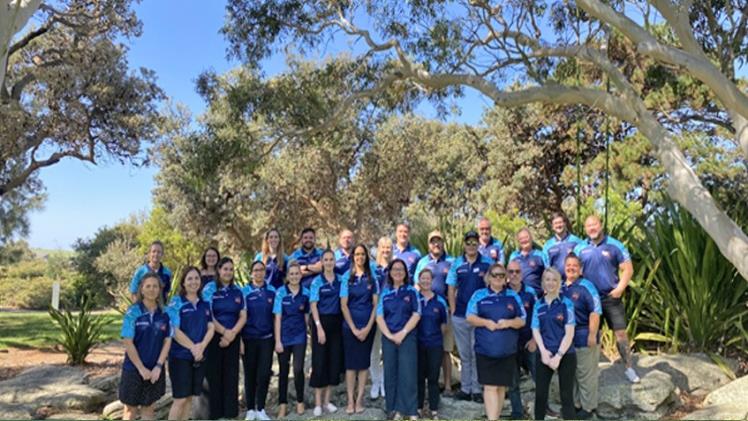Within Aboriginal communities, the discourse on mental health expands beyond mere mental health considerations; it merges with survival discussions – tackling directly the imbalanced incidence rates of mental health problems and suicide.
This perspective constitutes a compelling issue requiring a multifaceted approach rooted in cultural sensitivity: traditional practices focused on mental health and suicide prevention must integrate harmoniously with modern interventions.
Understanding the Context
Deep and complex, the roots of mental health challenges in Aboriginal communities intertwine with their colonisation history, loss of land, culture and identity, ongoing discrimination–a result of systemic injustices–and social disadvantage. These factors have left indelible marks on Aboriginal Australians’ mental well-being. As a result, efforts shift from simply being about treatment to becoming a quest for healing and justice.
The Importance of a Holistic Approach
We must acknowledge the imperative recognition of the distinct social, cultural, historical, and spiritual dimensions that influence mental health in Aboriginal communities. Undeniably, a holistic approach to mental health and suicide prevention is crucial – it cannot be emphasised enough. This strategy involves perceiving each individual not as an isolated entity but as a vital component of their community; furthermore—incorporating culture into this framework fosters respect for these connections while effectively dealing with issues relating to mental well-being.
Integrating Traditional Practices
Central to a holistic strategy is the reclamation and integration of Indigenous knowledge and healing practices. For thousands of years, Aboriginal healers -or Ngangkaris -have bestowed emotional, spiritual and physical healing. Their profound understanding of the interconnection among people, land and the metaphysical realm proves indispensable in mental health initiatives; indeed, it significantly bolsters suicide prevention efforts.
The integration of traditional healers into the mental health care team affirms Aboriginal culture’s value and delivers a service that, working in harmony with Western approaches, is culturally appropriate. This incorporation honours both individual autonomy and their community and cultural ties, thus providing an enhanced model for comprehensive, effective care.
Empowerment Through Community-Led Initiatives
In the fight against mental health issues and suicide in Aboriginal communities, empowerment stands as a critical pillar. Essential are community-led initiatives that entrust decision-making to Aboriginal people; such approaches guarantee strategies imbued with cultural sensitivity and relevance – thus garnering more community acceptance.
By implementing education and training programs within communities, we empower individuals to participate in mental health care and suicide prevention actively. This approach works by equipping community members with skills that allow them to recognise and respond effectively to mental health warning signs in themselves as well as others. In doing so, a supportive environment takes shape where seeking help or discussing one’s state of mind becomes encouraged and even normalised.
Strengthening Support Systems
It’s imperative to strengthen and support the existing networks within Aboriginal communities. The social and emotional well-being of Aboriginal individuals hinges crucially on their families and communities. Therefore, establishing a robust foundation for mental health and suicide prevention measures, as well as interventions, includes bolstering these support systems.
The Role of Broader Society
Broad societal changes are also necessary to support the mental health of Aboriginal communities. Addressing systemic racism, educational and employment disparities, as well as ensuring access to culturally safe health care, are integral components of this adjustment. In consultation with Aboriginal communities–a crucial step in the process–the development of policies and programs must occur to guarantee they meet their unique needs while respecting their rights and sovereignty.
Moving Forward
We contribute to the rejuvenation of whole communities by adopting a holistic approach to mental health, considering not only the individual but also their community, culture and connections. This method allows you to facilitate an individual’s healing process and plays an instrumental role in forging brighter and healthier futures for Aboriginal Australians.





